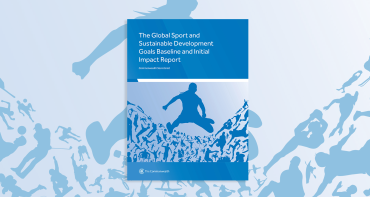Almost 480 delegates, from 33 Commonwealth countries and no fewer than 22 ministers

Almost 480 delegates, from 33 Commonwealth countries and no fewer than 22 ministers. Welcome to the Conference of Commonwealth Education Ministers Meeting (CCEM) in Nadi, Fiji, gathered under the theme of Sustainability and Resilience: Can Education Deliver?
As delegates arrive they are welcomed by teams from the Commonwealth Secretariat and the government of Fiji. This is a chance for young people, educators and civil society to influence ministers as they meet for the 20CCEM.
Commonwealth Secretary-General Patricia Scotland said, “Here in Fiji over the coming days, we have an early opportunity to influence outcomes of that meeting.
“We can help plan for a common future that is fairer, more prosperous, more sustainable and more secure that will meet the needs of all, particularly our young people.
“Our 53 Commonwealth member countries have a combined population of some 2.4 billion. More than 60 per cent are under 30 years of age, and in some countries that rises to over 70 per cent.
“These young people drive long-term economic growth, competitiveness, prosperity and social justice, if given the fair chance and opportunities to fulfil their potential.”
Running in parallel to CCEM is the Integrated Partners’ Forum (IPF). Members of the Commonwealth of Learning (COL), Association of Commonwealth Universities (ACU), Commonwealth civil society organisations, teachers and student leaders will discuss challenges facing, among other member countries, small states.
"We have made huge strides in education in the Commonwealth, but there remains a significant amount of work still left to do,” said Professor Prajapati Trivedi, director of Economic, Youth and Sustainable Development directorate at the Commonwealth Secretariat.
“The IPF sessions feed into the ministers’ meeting and Commonwealth leaders and decision makers are able to hear first-hand from teachers, students and vice-chancellors of universities about what they need to create an education system worthy of the 21st century.
"While partnerships are essential, we in the Secretariat are leveraging this support by collective collaboration, an integrated approach which is focussed on implementation."
Among the issues to be discussed at the IPF are obstacles facing education, such as financing, climate change, improving girls’ education, and training women and girls to find new sources of income.


